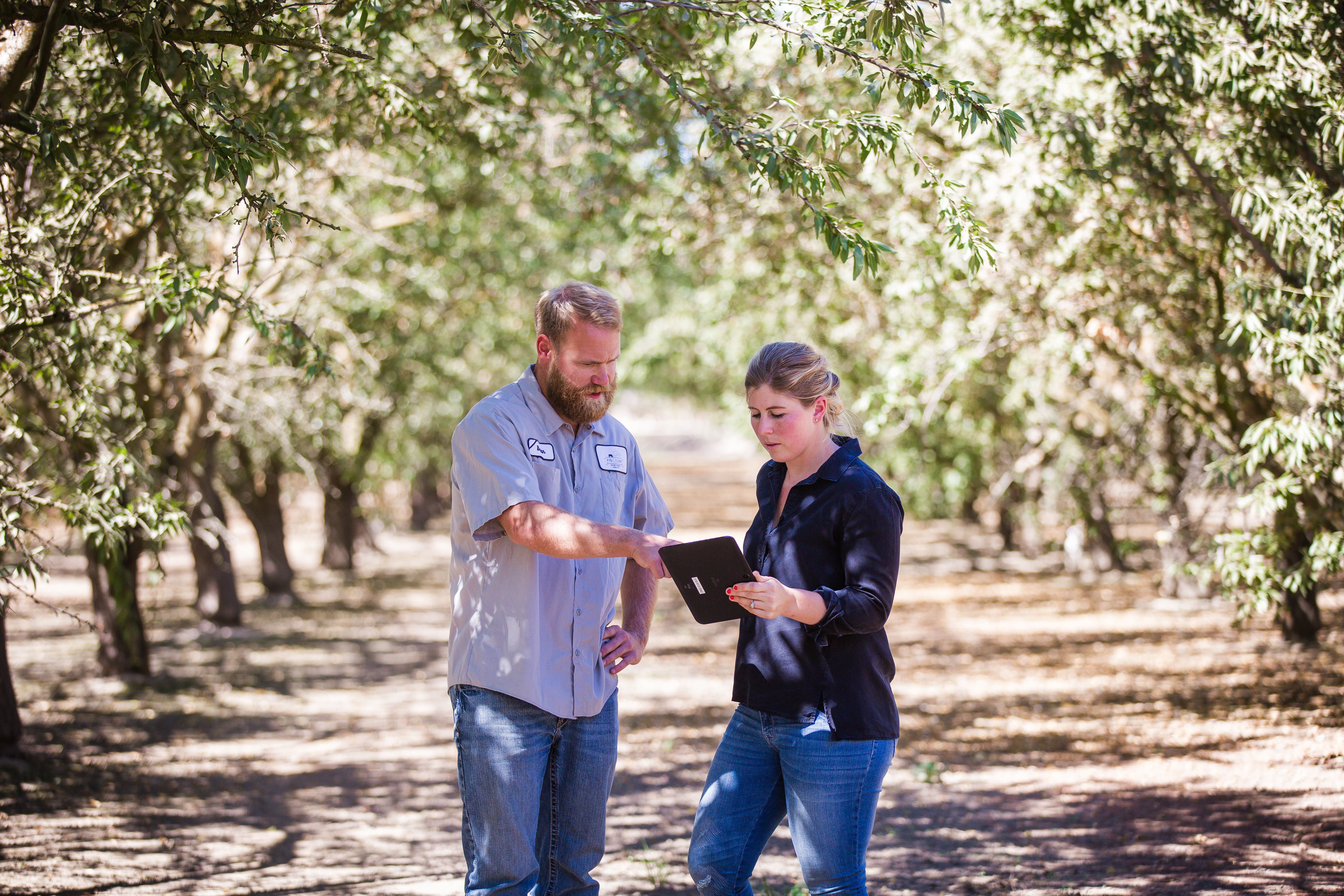The Fiscalini Cheese Company is a fourth-generation dairy farm that also grows 70% of the forage consumed by its herd. The operation embraces the latest techniques in pursuit of sustainability—even capturing methane gas for renewable energy.

"You can now analyze a 500-acre field down to the square foot."Brian Fiscalini, Owner
The Fiscalini Cheese Company is a fourth-generation dairy farm that also grows 70% of the forage consumed by its herd. The operation embraces the latest techniques in pursuit of sustainability—even capturing methane gas for renewable energy.

Corn
Stanislaus County, California
Irrigation
$9,000 in savings
With its focus on sustainability, the Fiscalini Cheese Company is always looking for more effective ways to reduce water and fertilizer inputs while continuing to improve yields. "We’ve taken soil samples in the past, and that works. But when you take a soil sample you’re going to the middle of the field for a representative area or pinpointing a specific area," says owner Brian Fiscalini. "When you’re talking about a pretty large field, you’re only getting a snapshot of that place."
Aerial imagery has helped the operation reduce inputs in some unexpected ways. The farm grows corn, sudangrass, and winter wheat as rotational forage for its dairy herd, but found that some fields were more productive than others. Ceres Imaging helped trace the irrigation issues causing the variability, so that instead of re-leveling all their fields—at a cost of $100 an acre—the team could choose to re-level only the 20 acres causing difficulties.
Ceres Imaging helped Fiscalini Cheese Company save $9,000 on re-leveling expenses.

The red and yellow areas of the image correspond to water-stressed areas of a flood-irrigated cornfield. The crop is releasing heat through evapotranspiration, a valuable indicator of plant health.
.jpg)